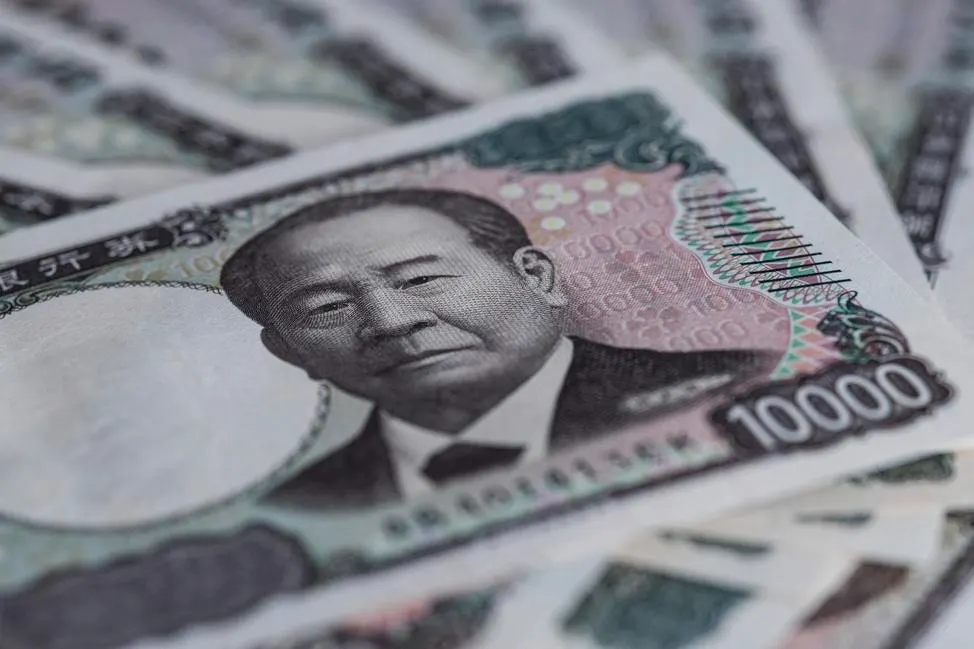Japan’s New Prime Minister Faces Critical Economic Challenges with Global Implications
Japan stands at a critical juncture as Sanae Takaichi takes office as the country’s first female prime minister, inheriting an economy mired in decades of stagnation. As an admirer of Margaret Thatcher—who transformed Britain from the “sick man of Europe” into an economic powerhouse through tax cuts, union reforms, and inflation control—Takaichi’s leadership style promises a strong foreign policy stance, particularly regarding China’s growing regional influence. She advocates for increased defense spending and stronger military and economic ties with the United States, positioning herself as potentially transformative for Japan’s national security. However, the economic policies she appears to be pursuing largely continue Japan’s problematic patterns of excessive government spending, high taxation, and questionable monetary strategies that have failed to revitalize the economy over the past three decades.
The scale of Japan’s economic challenges is staggering. Its government debt proportionally approaches twice that of the United States, following decades of ineffective stimulus spending. The Bank of Japan’s 25-year experiment with zero-interest rates (1999-2024) has created distortions throughout the financial system, with institutions holding government bonds whose market values have plummeted below their book values. The taxation regime further compounds these problems: combined payroll taxes exceed 32% (compared to America’s 15.3%) with no income limit, corporate taxes reach nearly 35%, and the highest individual income tax rate stands at 45%. Despite these obvious structural issues, Takaichi appears to be planning yet another stimulus package rather than addressing the fundamental problems—a concerning sign that meaningful reform might remain elusive under her leadership despite her Thatcherite admiration.
Japan’s economic malaise stems partly from the perplexing resistance of its powerful Finance Ministry to tax reduction. While Thatcher’s revolution centered on substantial tax cuts that energized Britain’s economy, Japan’s bureaucracy has consistently pushed in the opposite direction, implementing unpopular tax increases since the 1990s. The new government’s proposed tax changes appear minimal, and a corporate surtax is planned for next year—hardly the bold Thatcherite approach needed to jump-start growth. For Takaichi to succeed where her predecessors have failed, she must leverage her political acumen to overcome this entrenched bureaucratic resistance and implement meaningful tax rate reductions as a cornerstone of economic revival, breaking the cycle of stagnation that has plagued Japan for over three decades.
The current situation represents a dramatic reversal from Japan’s post-war economic miracle. From the late 1940s through the 1980s, Japan achieved remarkable growth by maintaining disciplined government spending, systematically reducing taxes, and ensuring currency stability. This formula transformed a war-devastated nation into what Western media once described as an “unstoppable economic colossus” by the late 1980s. The abandonment of these successful policies marked the beginning of Japan’s decline, leading to the current financial and monetary predicament. Understanding this history is crucial for Takaichi as she formulates her economic strategy—the principles that built Japan’s economic power remain valid, though implementing them would require confronting powerful vested interests that have become entrenched in the decades of economic drift.
The stakes extend far beyond Japan’s borders. Should Japan’s economic troubles culminate in a yen currency crisis, the repercussions would reverberate throughout global financial markets. All major currencies are currently unstable, and disruption in Japan could trigger bond market turmoil worldwide. In response, governments might resort to having their central banks purchase otherwise unmarketable bonds, potentially unleashing a new wave of global inflation. The geopolitical implications would be equally severe, providing strategic advantages to adversarial powers like Russia, China, North Korea, and Iran. As tensions rise in the Indo-Pacific region, Japan’s economic stability becomes increasingly vital to regional security arrangements and the broader international order. Takaichi’s success or failure in addressing these economic challenges will therefore have profound implications for global stability.
For Prime Minister Takaichi, the path forward requires both courage and clarity. She must recognize the fundamental flaws in Japan’s economic approach over the past three decades and implement genuinely Thatcheresque reforms beginning with meaningful tax reductions. This won’t be easy—the Finance Ministry’s resistance to tax cuts appears deeply ingrained, and vested interests throughout the Japanese political system will resist change. However, the alternative—continuing policies that have demonstrably failed for decades—guarantees further decline for a nation that was once the model of economic dynamism. The world has much at stake in Takaichi’s leadership, as Japan’s economic health directly impacts global financial stability and the geopolitical balance of power. If she can channel the bold, transformative spirit of Margaret Thatcher that she admires, Takaichi might not only revitalize Japan’s economy but also strengthen the economic foundations of the democratic world at a time of increasing authoritarianism and instability.


